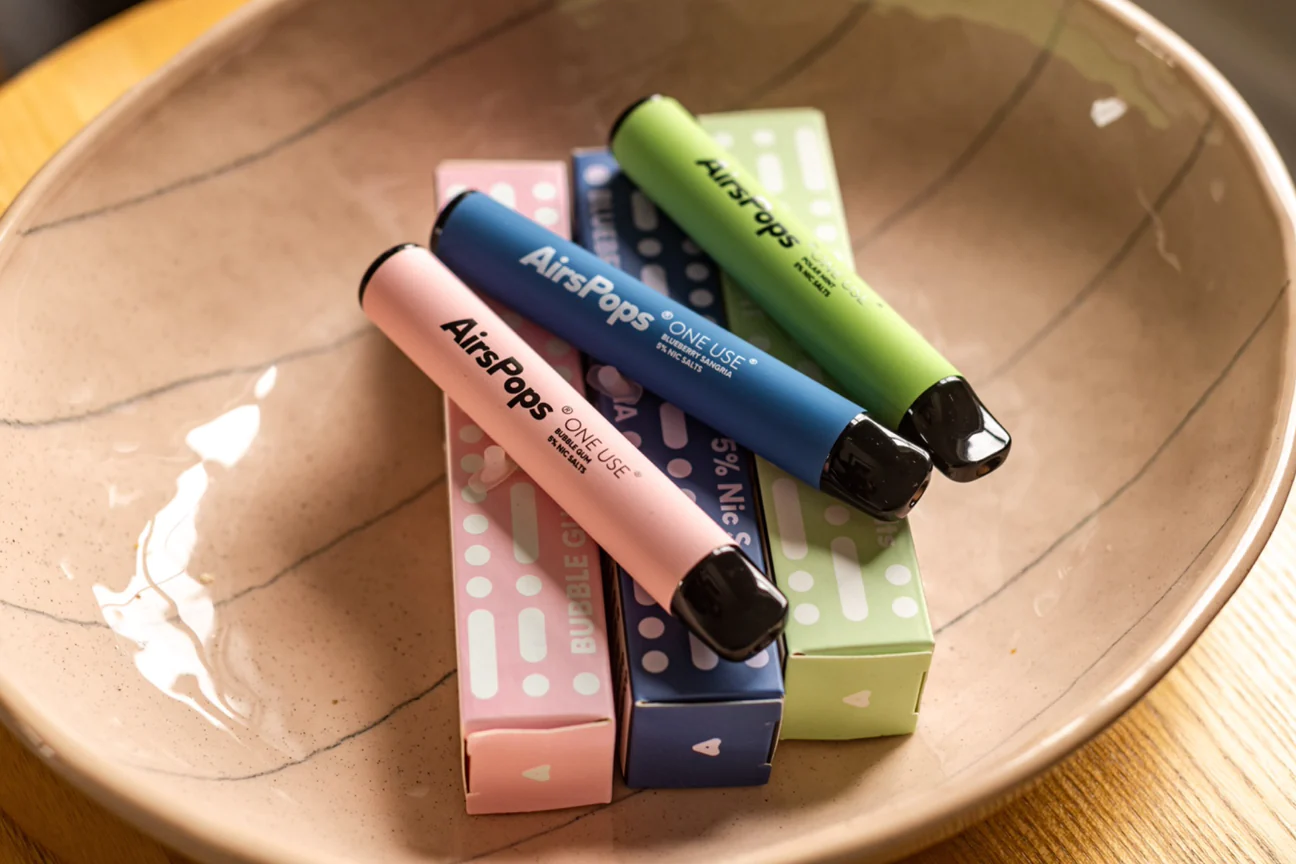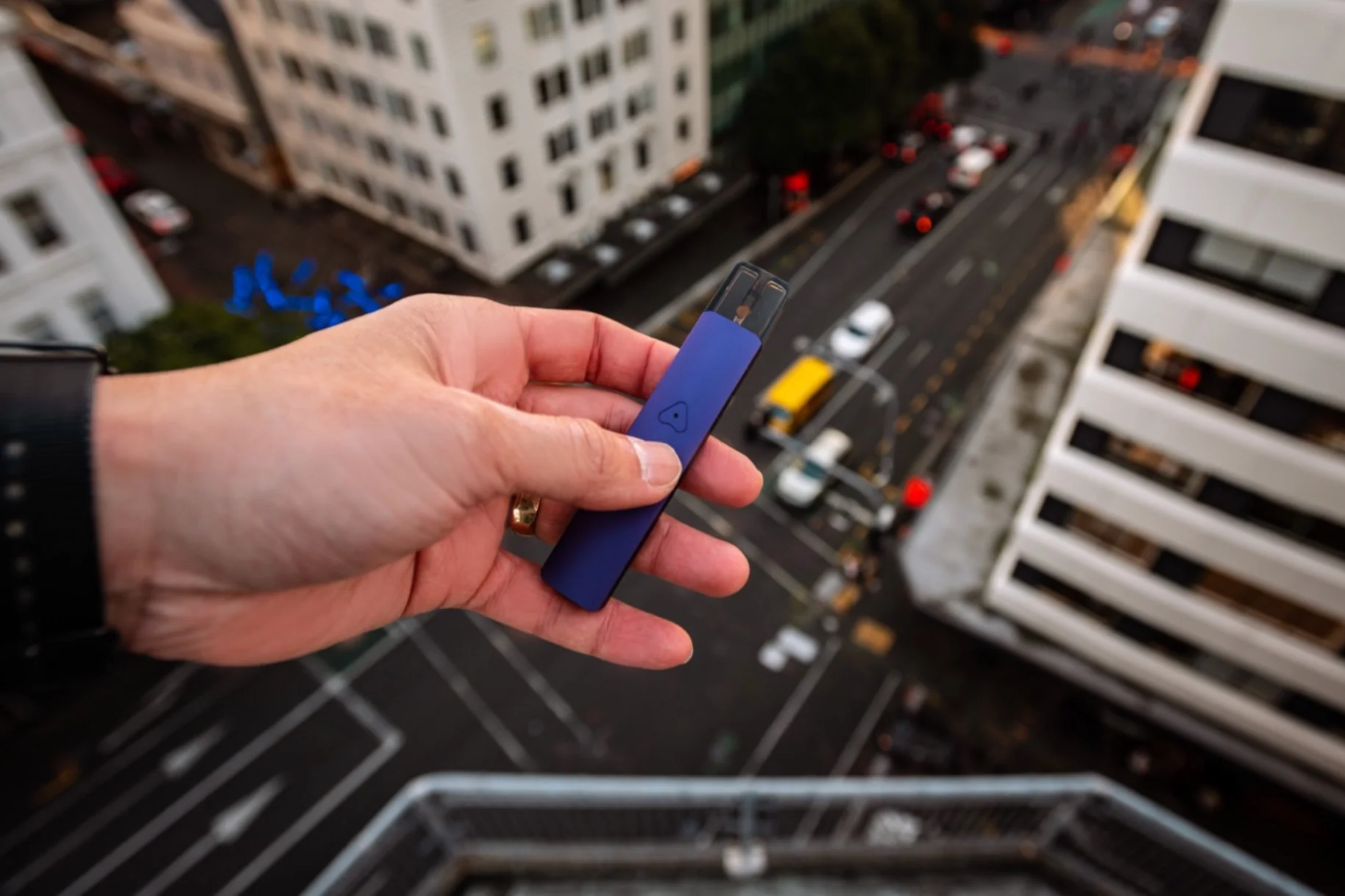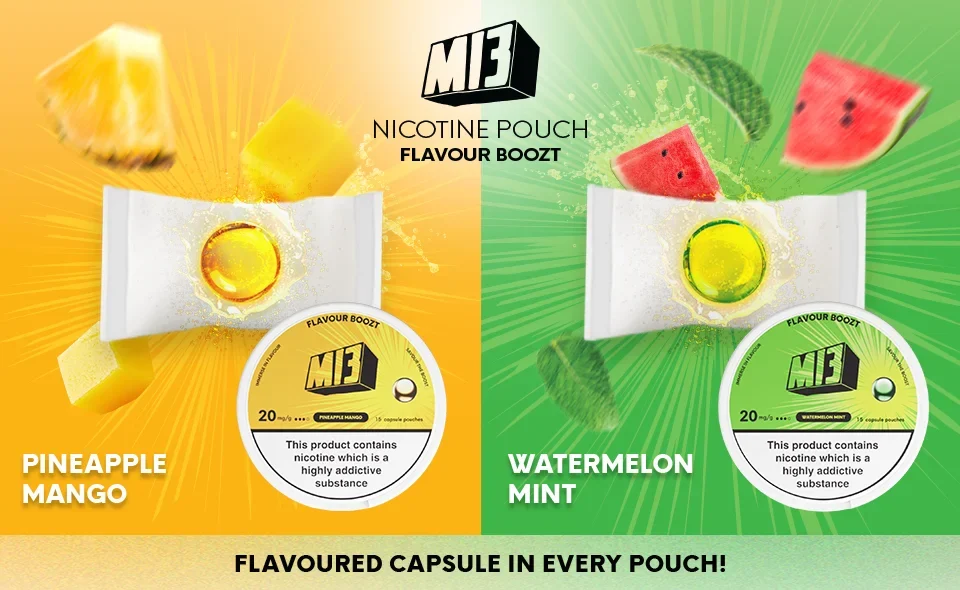The vape industry, especially in the USA is standing at an unprecedented crossroads that can affect the lives of millions of Americans and shape policies worldwide.
With the FDA seeking to ban JUUL products, many JUUL users fear a lack of alternatives will eventually force them to return to cigarette smoking. After all, with an already existing flavour ban in place, and this ban on JUUL looming, what’s to stop the FDA issuing a blanket ban of vapes altogether?
Balancing Youth Vaping and Benefits to Adults Hoping to Quit Smoking.
As a preventive measure, customers must be age verified as 21 years or older to purchase vapes. In 2019 CDC data showed teen vaping was on a downward slide, and nearly half as many high school students reported vaping daily in 2022 as they did just three years previously. Many attribute this decline to Covid-19 lockdowns and disruption in school attendance, but it can also be argued that government anti-teen vaping policies are working. To blame JUUL alone for the problem of teen vaping is unwarranted, especially when it is also now proactive and firmly committed to preventing its products from falling into underaged hands.
The Popularity of E-Cigarettes Cannot Be Ignored.
Strict regulations addressing teen vaping are a legitimate concern, and many responsible vape companies and associations are taking it seriously. Indeed, even before the FDA issued the ban against JUUL, many of the largest and most popular vape companies (including AIRSCREAM UK) pledged to combat underage vaping.
AIRSCREAM UK takes this pledge further with its Check 21 youth prevention programme, refusing partnerships that deliberately target minors and outright blacklisting them. Recognising that many vape product packaging are attractive to minors, AIRSCREAM UK product packaging is kept simple and minimalist not to mislead and attract children.
What Does the Future Hold for Vaping and E-Cigarettes in the USA and beyond?
While there is a distinct legal threat currently levelled at JUUL and the entire vape industry by the FDA, it does not seem likely that the courts will uphold the ban.
Presently, the vaping industry is estimated to be worth an annual $18 billion, with JUUL making an estimated $2 billion. Banning such a significant player would not only set an extreme precedent for how the United States treats businesses as a whole but also give the green light to ban other e-cigarette leaders and possibly wipe out the industry. Nevertheless, banning vapes isn’t wholly new or unheard of. As a major tobacco producer, Thailand has banned the import, export and ownership of vapes since 2014, and it is unlikely to reverse its stance anytime soon despite numerous appeals.
E-cigarettes and vaping are undeniably popular, with millions of users globally. Being a cost-effective and healthier alternative, electronic cigarettes have disrupted the tobacco industry to the point of no return. A multibillion-dollar industry ape usage is predicted to grow at a staggering rate.
The advent of e-cigarettes brought about a new age of tobacco harm reduction. While the FDA has raised valid concerns regarding teen vaping, e-cigarettes have transformed the lives of millions of users in America and across the globe, and their potential for the public good cannot be ignored. The UK’s embracing of vapes as a quit tool has led to remarkable achievements in curbing smoking rates, and America too stands to gain much by shifting its policies to match.




